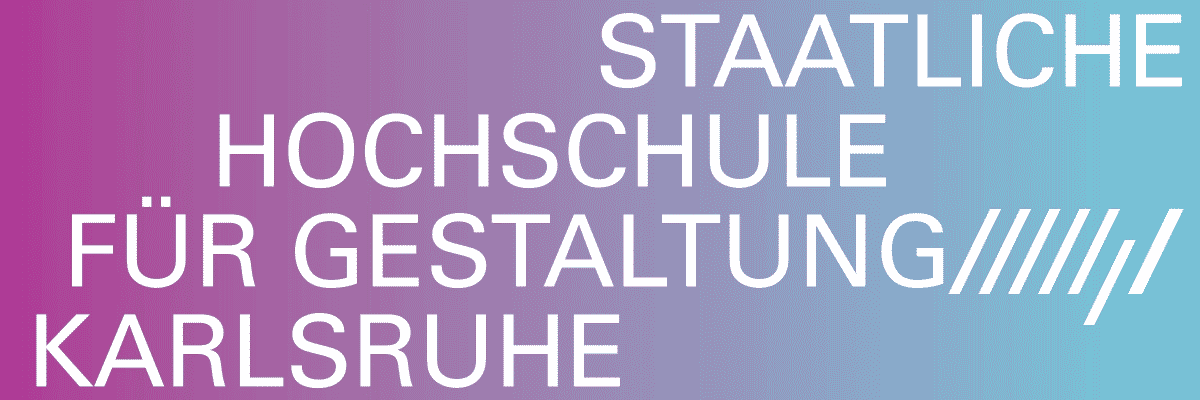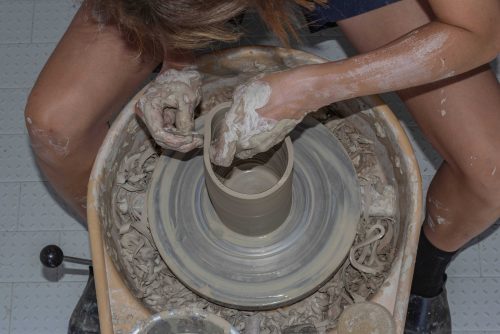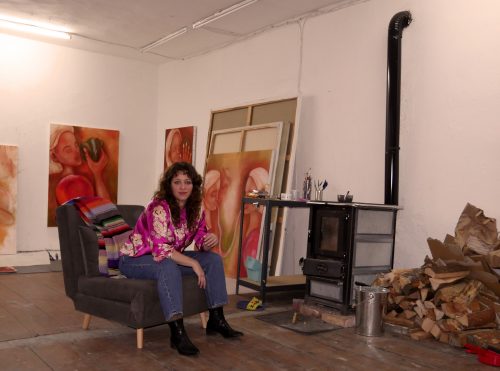
Julia Dault
Exhibition: Julia Dault, Never Odd or Even
Project Info
- 💙 Bradley Ertaskiran, Montreal, Canada
- 🖤 Julia Dault
- 💛 Laura Findlay & Paul Litherland
Share on

Julia Dault, Never Odd or Even, 2023. Exhibition view, Bradley Ertaskiran, Montreal (Canada).
Advertisement

Julia Dault, Never Odd or Even, 2023. Exhibition view, Bradley Ertaskiran, Montreal (Canada).

Julia Dault, Never Odd or Even, 2023. Exhibition view, Bradley Ertaskiran, Montreal (Canada).

Julia Dault, Never Odd or Even, 2023. Exhibition view, Bradley Ertaskiran, Montreal (Canada).

Julia Dault, Never Odd or Even, 2023. Exhibition view, Bradley Ertaskiran, Montreal (Canada).

Julia Dault, Never Odd or Even, 2023. Exhibition view, Bradley Ertaskiran, Montreal (Canada).

Julia Dault, Time Machine, 2020-23. Acrylic and oil on canvas, polyester, granite, soap stone, 75 x 50 in.

Julia Dault, Conjunction Junction, 2022-23. Polyester on canvas, acrylic and inkjet print canvas, 72 x 60 in.

Julia Dault, The Accidental Tourist, 2022-23. Acrylic and oil on canvas, 36 x 24 in. 91.4 x 61 cm.

Julia Dault, Never Odd or Even, 2023. Exhibition view, Bradley Ertaskiran, Montreal (Canada).
Bradley Ertaskiran is thrilled to present Never Odd or Even, a solo exhibition of new work by Julia Dault.
Never Odd or Even is a palindrome, a word, phrase, or sequence that reads the same backward as forward. The show’s artworks suggest, however, that reading backward offers something new and different—that it’s more akin to life, which is lived one way and always compressed, exaggerated, or otherwise changed in retrospect. Dault’s new paintings, sculptures, and site-specific curtain installation reconfigure, re-frame, and re-organize their constituent patterns and gestures. Several pieces aren’t exactly what they seem, as in new printed/painted hybrids like Approval Matrix (2020-21) and Voyager 1 (2021-22).
Visible connections, iterations, and revisions are an effort to communicate the unfolding of experience and the search for meaning. The show opens with Lifetime (2022), a calendar visualizing the average lifespan of a North American woman—4,320 weeks—each dot representing one week. Our varied experience of time is captured in both stark black and white and a gentle gradation of colour; in both prints, the dots blend together at midlife to conjure the sense of time speeding up, days blurring one into the next. The rigidity of the calendar’s grid runs up against the feeling of life elapsing at warp speed. A version of Lifetime also hangs on a flagpole on the gallery’s facade.
Time has long been central to Dault’s work. Her well-known Plexiglas sculptures are titled based on how long it took to build them on-site. Those works pitted industrial materials against Dault’s ability to manipulate them and secure them in place. Her new sculptures are a kind of reversal. By collaborating with an engineer who configured a robot to 3D-printed ceramic forms, she uses an industrial tool to give form to a typically hand-worked material. In these works, forms and textures are printed in the round and rest on custom plinths that further her tongue-in-cheek exploration of authenticity.
The ceramic-printing process expands upon her use of printed material—vinyl, textiles, found images—earlier in her practice and elsewhere in the show. Here, several new paintings are framed in variant images of themselves, in an act of playful self-cannibalism. Another includes a glass-printed “top coat.” Still, another is accompanied by a flipbook revealing each step of progress she made toward the finished piece.
In Dault’s practice, abstraction is never purely about process, but also about discovery through action; finding beauty in the fugly and inviting the viewer along the journey toward meaning.




